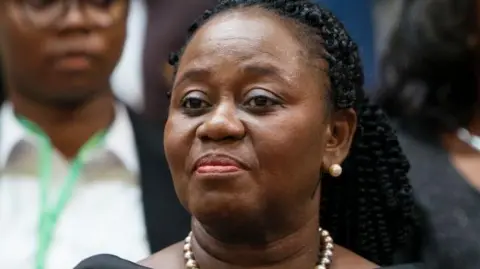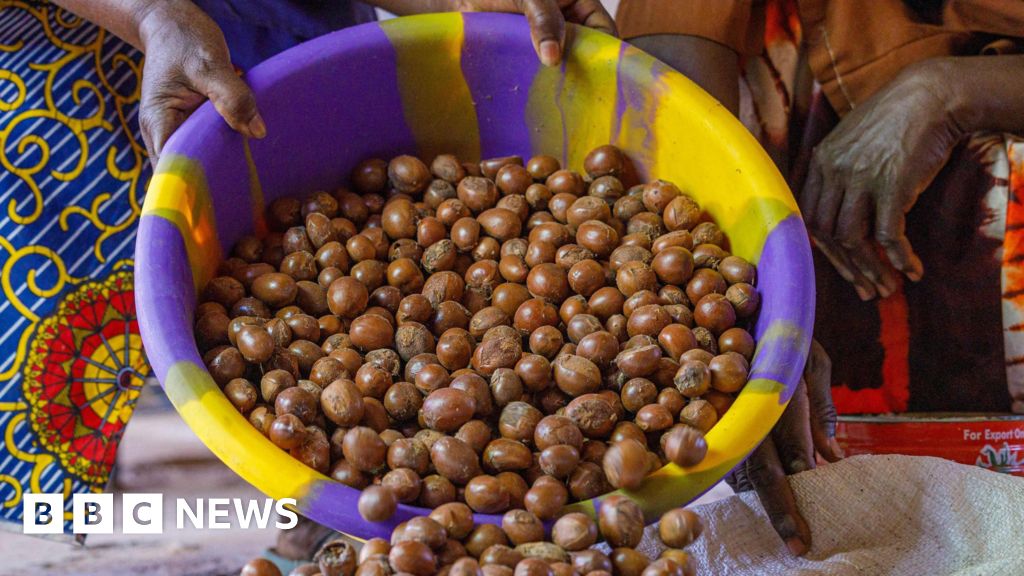In a shocking revelation, an Indian pharmaceutical company has been identified as a key player in West Africa's escalating opioid crisis. A BBC Eye investigation uncovers that Aveo Pharmaceuticals, headquartered in Mumbai, is unlawfully manufacturing and exporting highly addictive opioids to countries such as Ghana, Nigeria, and Cote D'Ivoire, where they contribute to a significant public health emergency.
The investigation indicates that Aveo produces a variety of pills, marketed under different brand names, but all contain a hazardous mix of tapentadol — a powerful opioid — and carisoprodol, a muscle relaxant with high addiction potential. Both components are not sanctioned for use anywhere globally due to their severe side effects, which can include respiratory issues and potential fatal overdoses. Despite these grave risks, the pills are readily accessible and inexpensive street drugs in numerous West African locales.
The BBC's findings revealed packets of these drugs branded with the Aveo logo on sale in bustling markets of Ghanaian and Nigerian towns. To probe further, the BBC sent an undercover operative into Aveo's manufacturing site posing as a potential supplier. Secret recordings captured a chilling exchange between the operative and Vinod Sharma, one of Aveo's executives, who acknowledged the pills' addictive quality and voiced a chilling indifference to their dangerous impacts, dismissing it as mere business.
In Tamale, Ghana, the local community has felt the effects of this drug epidemic acutely. Chief Alhassan Maham has mobilized a local task force, consisting of around 100 residents, to combat the rampant addiction and drug trafficking in their neighborhoods. Their recent operations have resulted in raids that confiscate illegal substances, including Aveo-branded opioids, which are known to devastate the lives of users.
The prevalence of these drugs is alarming, with reports indicating millions of Nigerians facing opioid use disorder. The situation has escalated following new export strategies employed by Aveo after the Nigerian government instituted controls on widely abused medications like tramadol. The combination drug touted as a substitute has gained popularity among adolescents, who often mix it with alcohol to enhance its effects.
Though the Indian medicinal regulations stipulate that no unlicensed drug should be manufactured or exported, it appears Aveo Pharmaceuticals has continued its operations unhindered. Indian health authorities expressed their commitment to public health oversight, yet the issue persists, with other companies reportedly following in similar footsteps and further undermining India's pharmaceutical reputation.
Local initiatives in Ghana have started to combat the influx of these drugs, with task force members publicly incinerating seized narcotics to send a stark warning to dealers. However, despite these localized efforts, the continual production in India underscores a broader challenge, where profits from illegal drug trade are prioritized over the welfare of affected populations.
As the fight against the opioid epidemic in West Africa faces significant hurdles linked to global drug trade dynamics, the spotlight remains on companies like Aveo, which continue to exploit vulnerable regions for financial gain, leaving countless individuals trapped in the cycle of addiction.






















